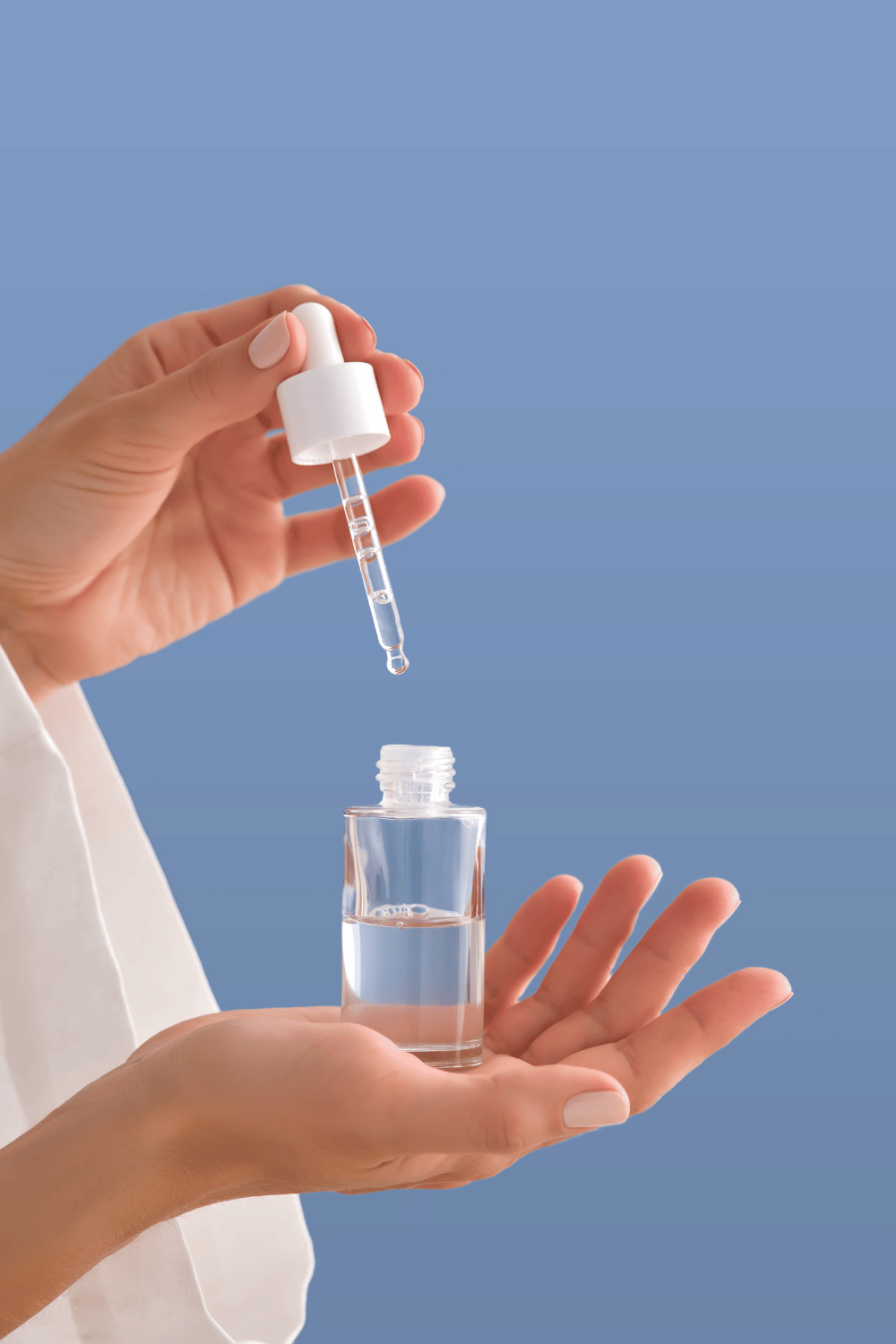The Unspoken Realities of Postpartum Depression

Postpartum depression (PPD) is a profound and often misunderstood condition that can affect new mothers following childbirth. Despite being a common experience affecting approximately 1 in 7 women, it remains shrouded in silence and stigma.
This complex disorder goes beyond the widely recognized “baby blues,” impacting the emotional and physical well-being of mothers at a time when society expects them to be most joyful.
Through shedding light on the unspoken realities of postpartum depression, we aim to foster understanding, encourage open conversations, and promote much-needed support for affected mothers.
Symptoms and Signs of Postpartum Depression
The symptoms and signs of postpartum depression can manifest in a variety of emotional, physical, and behavioral aspects, making it a multifaceted condition.
Emotionally, mothers may experience overwhelming feelings of sadness, anxiety, and hopelessness, often without a clear reason. These feelings can be confusing and guilt-inducing, especially when society expects new mothers to feel constant joy.
Physically, postpartum depression can alter basic bodily functions, including significant changes in sleeping and eating patterns. Some mothers may find themselves either unable to sleep or sleeping too much, while their appetite can dramatically increase or decrease, affecting their energy levels and overall health.
Behaviorally, signs of postpartum depression include withdrawing from social interactions with loved ones, demonstrating a lack of interest in activities that were once enjoyable, and struggling to form a bond with the baby. These signs are critical indicators that a mother may be experiencing more than just the typical “baby blues” and could benefit from professional support and understanding.
Causes and Risk Factors
Understanding the causes and risk factors for postpartum depression is critical for both prevention and treatment. Biologically, the dramatic hormonal changes after childbirth, including the rapid decrease in estrogen and progesterone levels, can significantly affect a mother’s mood. Genetics also play a role; those with a family history of depression are more susceptible to PPD.
Environmental and lifestyle factors contribute as well; new mothers facing high levels of stress, inadequate support from partners or family, and significant lifestyle changes are at a higher risk. Additionally, psychological aspects cannot be overlooked. Women with a personal history of depression or anxiety, or those who have experienced significant emotional traumas, are more likely to develop postpartum depression.
Collectively, these factors underline the importance of a comprehensive approach to identifying and supporting at-risk mothers, emphasizing the need for mental health screenings during and after pregnancy.
The Impact of Postpartum Depression
The impact of postpartum depression extends beyond the individual, affecting the child and the wider family dynamics. For mothers, PPD can significantly deteriorate physical health, reduce the ability to perform daily tasks and impede the recovery process after childbirth. The constant state of emotional turmoil compromises their well-being, leading to a potential long-term struggle with mental health issues.
These personal challenges have ripple effects on the newborn; the formation of a secure mother-child attachment could be hampered, which is crucial for the child’s emotional and cognitive development. Infants of mothers with PPD might show delayed developmental milestones, exhibit behavioral issues, and face a heightened risk for emotional disorders in later life. The familial structure is also tested; relationships with partners can strain under the weight of misunderstood emotions and altered dynamics, potentially isolating the mother further.
Treatment and Management Options
Treating postpartum depression (PPD) effectively requires a multi-pronged approach, which may include professional treatments, self-care strategies, and robust support networks. Professional treatments often combine therapy—such as cognitive behavioral therapy or interpersonal therapy—with medications like antidepressants, carefully considered to accommodate breastfeeding mothers. These treatments aim to alleviate symptoms, improve mood, and address underlying issues contributing to PPD.
Self-care strategies and lifestyle adjustments also play a pivotal role in managing postpartum depression. Regular physical activity, sufficient rest, and a nutritious diet can significantly impact mental health. Mothers are encouraged to carve out time for personal interests and relaxation to foster emotional well-being.
You do what you can to keep yourself happy and healthy, after all. Whether it is going for a walk, taking a bath, reading a book, or even going to the casino. A lot of people have found playing casino games online to be a stress relief and it can give you just enough “me-time” so that you can recharge and come back to your daily tasks feeling refreshed. You can play 777 strike slots and even win some extra money, making it a fun and relaxing activity.
Advocacy and Future Directions
Promoting awareness and understanding of postpartum depression (PPD) is paramount in removing the stigma that shadows this condition. Education campaigns and public health initiatives can illuminate the realities of PPD, fostering a society that supports, rather than judges, affected mothers. Policy changes are equally crucial; healthcare systems must evolve to routinely screen for PPD during and after pregnancy, ensuring early detection and intervention.
Improvements in healthcare policies should also mandate comprehensive maternity and postnatal care, including counseling services and mental health support as standard practice. The development of resources and support systems is essential for providing a safety net for new mothers. This includes accessible counseling services, community support groups, and online platforms offering information and peer support.
Together, these efforts can build a robust framework for addressing postpartum depression, offering hope and healing to countless mothers and their families.







